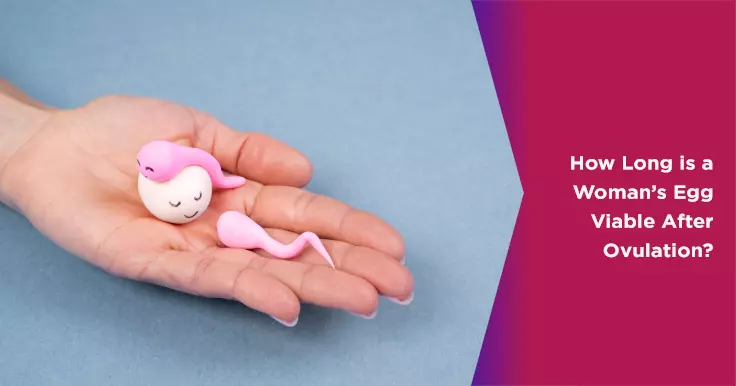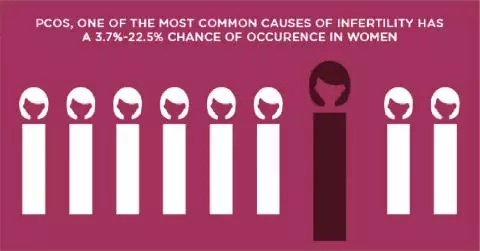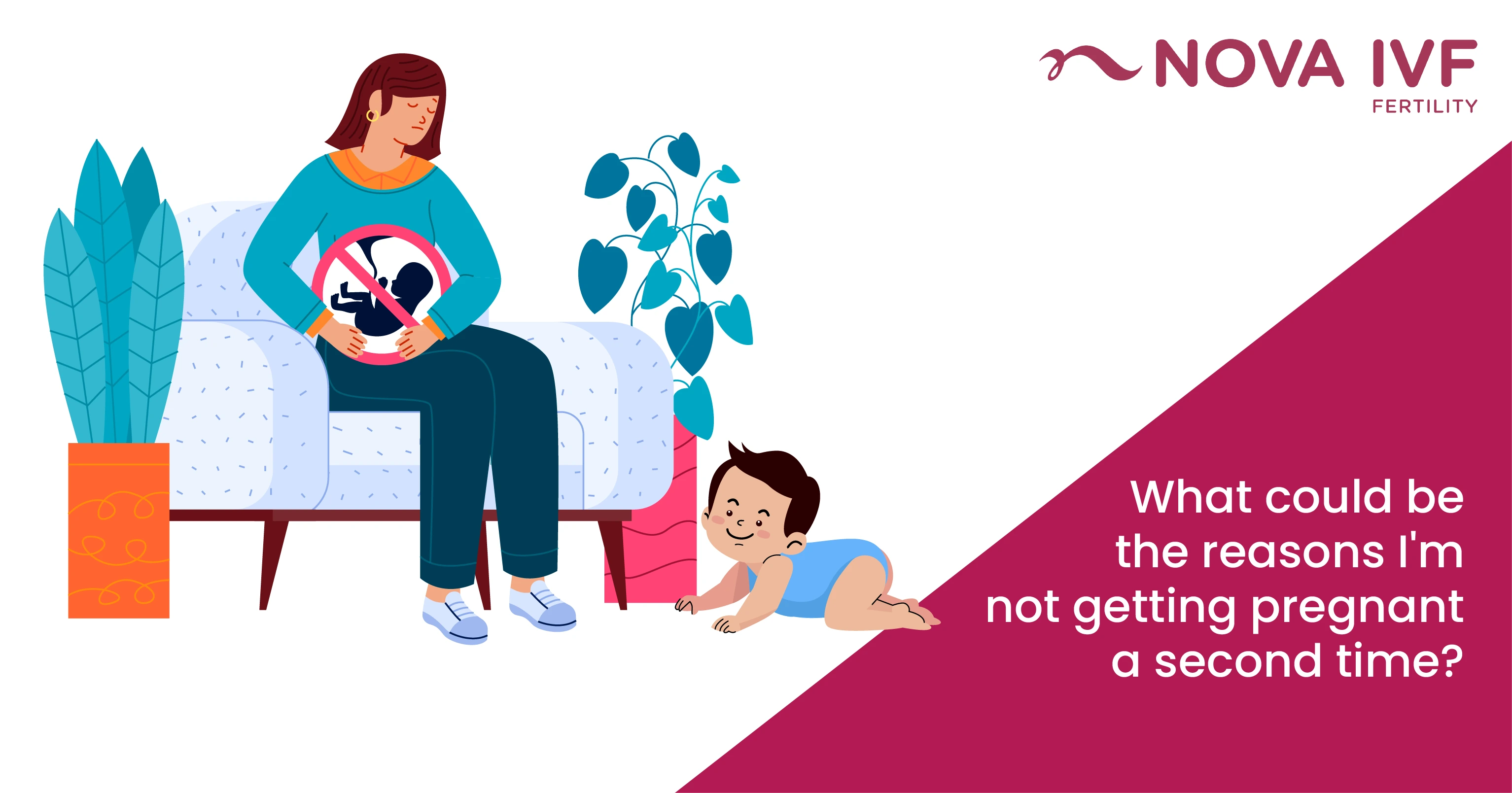How Long Is An Egg Viable After Ovulation?

In her pregnancy journey, the question on any woman’s mind usually is, “when am I ovulating?” Before talking about the viability of egg after ovulation, it is important to understand what is ovulation and what exactly happens during ovulation.
What is Ovulation?
Every month, the female body goes through a process that prepares it for pregnancy. Ovulation is a hormonal event in women which leads to the release of a fertile egg from the ovary. It then travels through the fallopian tubes to reach the uterus. If a sperm manages to fertilize this egg, it implants itself into the lining of the uterus and develops into a fetus. If it is not fertilized with a healthy sperm, the egg along with the uterine lining is shed during menstruation. There are many methods to track your fertility cycle and to track your ovulation.
The Viability of Egg After Ovulation
When you ovulate, the egg releasing out of its follicle happens within a matter of minutes or hours. After the egg is released, it is viable only for 12-24 hours and should be fertilized by a sperm within 12-24 hours. Since the fertility window is calculated based both on the viability of the sperm and the egg and since the sperm can live inside the female reproductive organ for about five days, it is considered best to have the sperm waiting in the fallopian tubes before ovulation happens.
It increases the chances of it getting fertilized and resulting in a successful pregnancy. If you have sex soon after ovulation, the fastest sperm can possibly reach the egg within half an hour. This is enough time for the sperm to catch the egg before it becomes non-viable for pregnancy. Having sex frequently on the days leading to the ovulation will increase the chances of getting pregnant than having sex on the exact day of ovulation.
 Infertility Counselling
Infertility Counselling Female Infertility Treatment
Female Infertility Treatment Andrology Treatment
Andrology Treatment Fertility Enhancing Surgeries - Female
Fertility Enhancing Surgeries - Female Fertility Enhancing Surgeries - Male
Fertility Enhancing Surgeries - Male Endoscopy Treatment
Endoscopy Treatment IUI Treatment
IUI Treatment IVF Treatment
IVF Treatment ICSI Treatment
ICSI Treatment Advanced IVF Solutions
Advanced IVF Solutions Embryology
Embryology Vitrification Egg, Embryo, Sperm Freezing
Vitrification Egg, Embryo, Sperm Freezing Preimplantation Genetic Testing (PGT)
Preimplantation Genetic Testing (PGT) Donation Program Embryo / Egg / Sperm
Donation Program Embryo / Egg / Sperm Self-cycleTM IVF
Self-cycleTM IVF

 Self-cycleTM IVF
Self-cycleTM IVF











